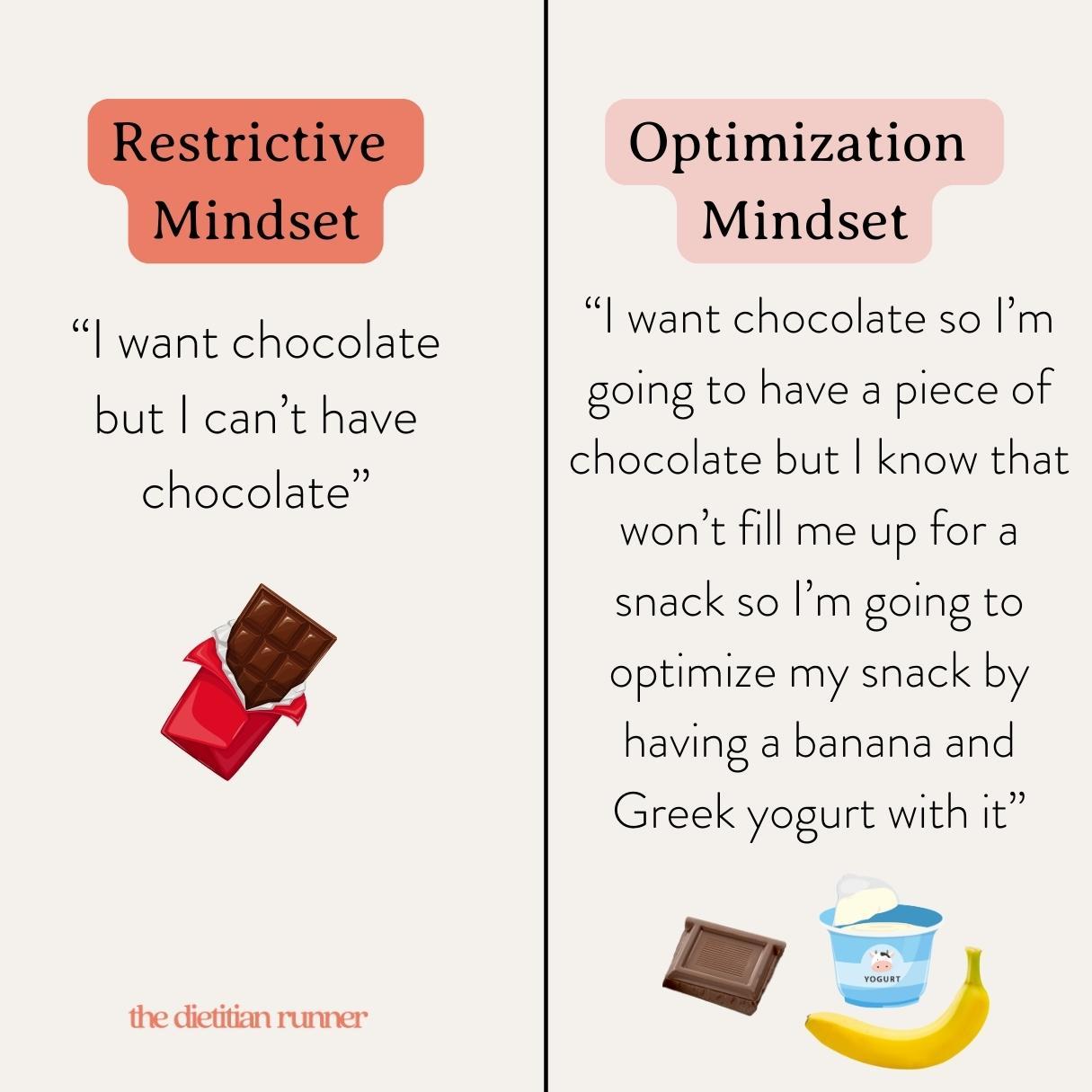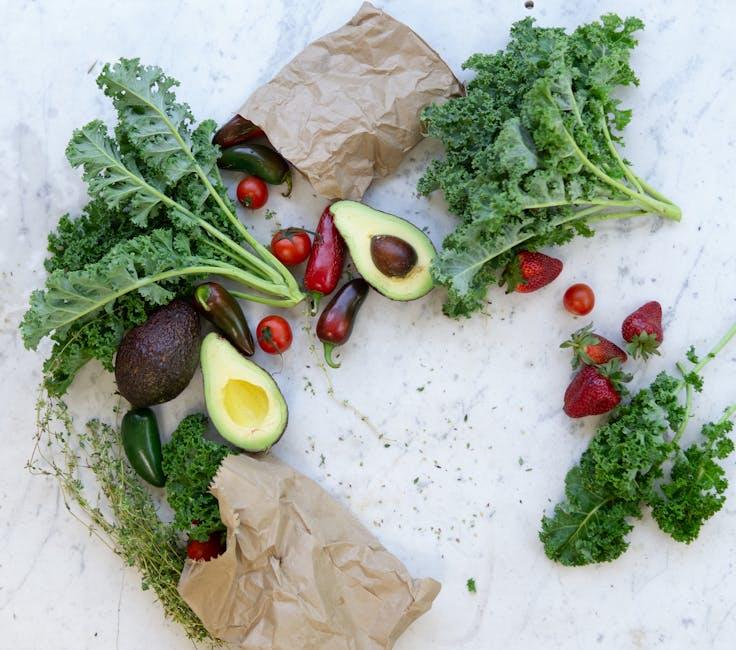In a world where food is often portrayed as both a villain and a hero, navigating the complex relationship we have with what we eat can feel like a daunting journey. Our plates tell stories of tradition, comfort, and necessity, yet they also echo the whispers of societal pressures and fleeting diet trends. Developing a healthy relationship with food is not about adhering to rigid rules or chasing the latest nutritional fad; it is about finding balance, understanding, and respect for both our bodies and the sustenance that fuels them. This article delves into the art of cultivating a mindful connection with food, guiding you towards a harmonious and nourishing partnership that transcends mere consumption and embraces a holistic approach to well-being.
Understanding Your Food Mindset
Our thoughts and beliefs about food play a significant role in shaping our eating habits and overall well-being. Recognizing and understanding these mental patterns can empower us to make more informed and balanced choices. Consider the following aspects to gain insight into your food mindset:
- Identify Emotional Triggers: Reflect on situations where you find yourself reaching for food out of boredom, stress, or even celebration. Acknowledging these emotional cues can help you develop healthier coping mechanisms.
- Challenge Food Labels: Often, we categorize foods as “good” or “bad,” which can lead to guilt or restriction. Instead, view food as a source of nourishment and pleasure, embracing a more flexible approach.
- Practice Mindful Eating: Engage all your senses while eating. Focus on the taste, texture, and aroma of your food, which can enhance satisfaction and prevent overeating.
By becoming aware of these underlying beliefs, you can start to reshape your relationship with food, fostering a mindset that supports both your physical and mental health.

Cultivating Mindful Eating Habits
Embracing mindful eating involves more than just savoring each bite; it’s about cultivating a deeper awareness of the relationship between our bodies and the food we consume. By integrating mindfulness into our eating habits, we can enhance our overall well-being and foster a healthier relationship with food. Start by paying attention to your body’s hunger signals and recognize when you’re truly hungry or just eating out of habit or emotion. This awareness can help you make more informed choices about what and when to eat.
- Engage all your senses: Take time to appreciate the colors, textures, and aromas of your meal before taking the first bite.
- Chew slowly and thoroughly: This not only aids digestion but also allows you to fully experience the flavors and textures of your food.
- Practice gratitude: Reflect on the journey of your food, from its origin to your plate, and express gratitude for the nourishment it provides.
By adopting these mindful practices, we can transform our eating experience into a moment of peace and reflection, helping us to break free from unhealthy patterns and appreciate food as a source of nourishment and joy.

Balancing Nutrition and Enjoyment
Finding the sweet spot between nutrition and enjoyment is crucial for developing a sustainable and healthy relationship with food. It’s all about understanding that food is not just fuel but also a source of pleasure and social connection. Embrace the philosophy that no food is inherently “bad” or “good,” and focus on moderation. This mindset allows for a more flexible approach to eating, where you can indulge in your favorite treats without guilt, while still maintaining a nutritious diet.
- Listen to Your Body: Pay attention to hunger and fullness cues rather than external diet rules.
- Incorporate Variety: Include a colorful mix of fruits, vegetables, proteins, and grains to keep meals exciting.
- Mindful Eating: Savor each bite and appreciate the flavors, textures, and aromas.
- Plan for Indulgences: Schedule treats in your diet so they become part of your healthy eating pattern.
- Focus on Quality: Choose whole foods and high-quality ingredients that naturally enhance taste and nutrition.

Building a Supportive Food Environment
Creating a space that encourages mindful eating and nurtures your body begins with small, intentional changes. Consider rearranging your kitchen and pantry to highlight nutritious options, making it easier to reach for wholesome snacks. Stock up on colorful fruits and vegetables, whole grains, and lean proteins. These foods not only add vibrant colors to your plate but also fuel your body with essential nutrients.
- Accessible Choices: Keep fresh produce at eye level in your refrigerator to encourage healthier snacking.
- Mindful Display: Use clear containers for storing nuts and seeds, promoting mindful portion control.
- Balanced Offerings: Include a mix of textures and flavors in your meals to satisfy your palate and reduce cravings.
Equally important is cultivating a positive atmosphere around meals. Dedicate time for family dinners or solo dining experiences where distractions like screens are minimized. This not only helps in savoring each bite but also strengthens your connection with the food you consume. Remember, the goal is not perfection but progress—small steps that lead to a lifelong healthy relationship with food.
Closing Remarks
As we conclude our exploration of developing a healthy relationship with food, it’s clear that the journey is as unique as each individual who embarks on it. Embracing food as a source of nourishment, joy, and connection rather than a battleground opens up a world of possibilities for both body and mind. By cultivating mindfulness, honoring your body’s needs, and fostering a sense of balance, you create a sustainable path to wellness that celebrates food in all its vibrant forms. Remember, it’s not about perfection but progress, as each mindful choice brings you closer to a harmonious relationship with the meals that fuel your life. As you continue on this journey, may you find empowerment in every bite and joy in every flavor.


































